The Signers of the Declaration of Independence
Explore the Signers below—click on each one to watch their historic portraits come to life, delivering a brief and engaging speech that brings their stories and voices directly to you.One of the most widely held misconceptions about the Declaration is that it was signed on July 4, 1776, by all the delegates in attendance.
The engrossed document is itself largely responsible for the erroneous views which have been held respecting the date of the signing. Being headed by the legend, “In Congress, July 4, 1776,” and ending with the fifty-six signatures, the natural inference to be made, until better information was obtainable, was that this official document was signed on that day.
It is further misinforming, not only as regards the date of signing, but in its title, “The unanimous Declaration of the thirteen united States,” under the date July 4. For on that day, as has been shown, New York’s delegates had no authority to vote, so that unanimity was procured by their silence, but twelve colonies, therefore, taking part in the final ballot.” (Friedenwald)
On July 4, 1776, 12 of the 13 colonies voted in favor and New York abstaining due to lack of instructions from their Colony. The Declaration of Independence was unanimously approved when the New York Convention gave its approval on July 9, 1776.
On July 19, Congress was able to order that the Declaration be “fairly engrossed on parchment, with the title and stile [sic] of ‘The unanimous declaration of the thirteen United States of America,’ and that the same, when engrossed, be signed by every member of Congress.”
On August 2, 1776, John Hancock, the President of the Congress, was the first to sign the sheet of parchment measuring 24¼ by 29¾ inches. He used a bold signature centered below the text. In accordance with prevailing custom, the other delegates began to sign at the right below the text, their signatures arranged according to the geographic location of the states they represented.
On August 2, the journal of the Continental Congress records that “The declaration of independence being engrossed and compared at the table was signed.” Eventually 56 delegates signed, although all were not present on August 2.
New Hampshire, the northernmost state, began the list, and Georgia, the southernmost, ended it. Most likely, 50 of the 56 signers signed the Declaration of Independence on August 2, 1776; five more signed later in 1776. Thomas McKean, the 56th (and last) signer, signed sometime after January 1777. (NPS) Some of the signers were not present during the July 4 vote; different members made up several of the State delegations.
Some of the delegates who voted for declaration of independence did not sign the actual document, and several of those that signed had not voted on July 4. In addition, not all of the delegates were in Philadelphia on August 2.
New Hampshire
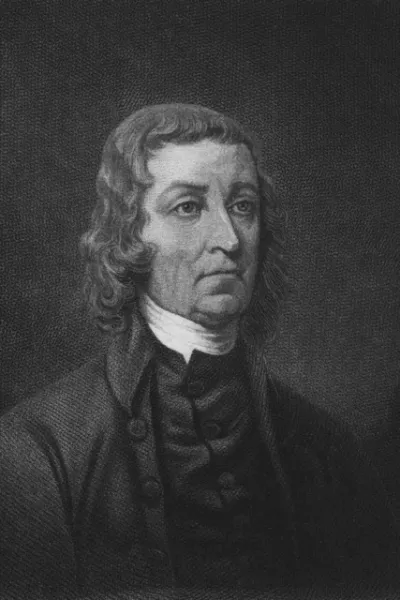
Josiah Bartlett

Matthew Thornton
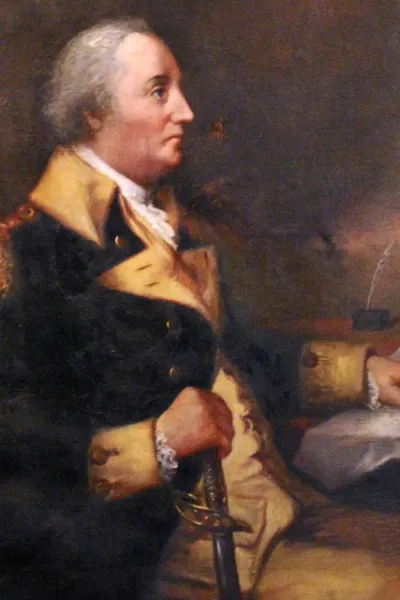
William Whipple
Massachusetts Bay
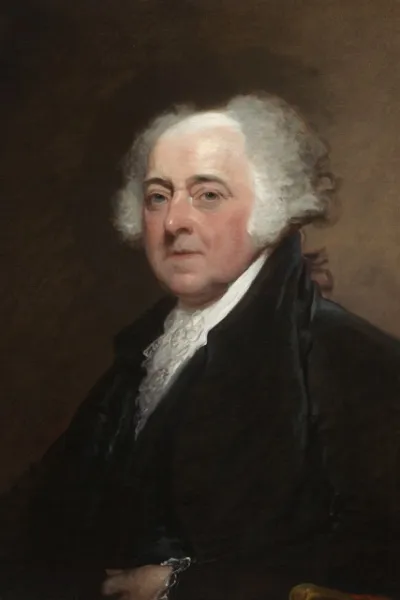
John Adams
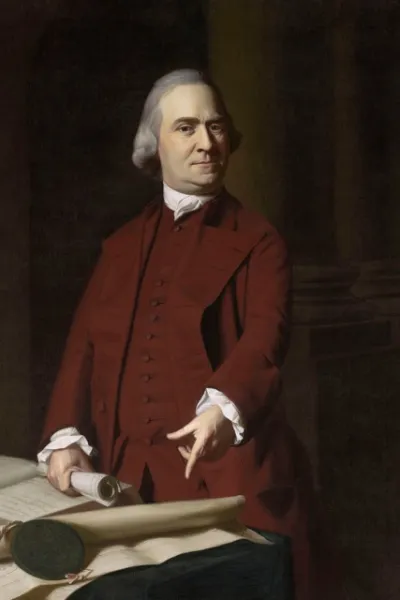
Samuel Adams
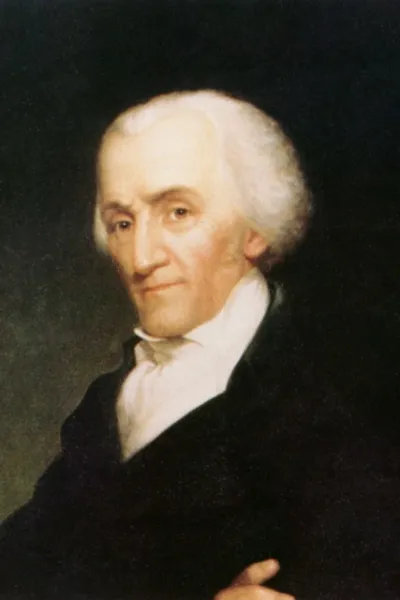
Elbridge Gerry
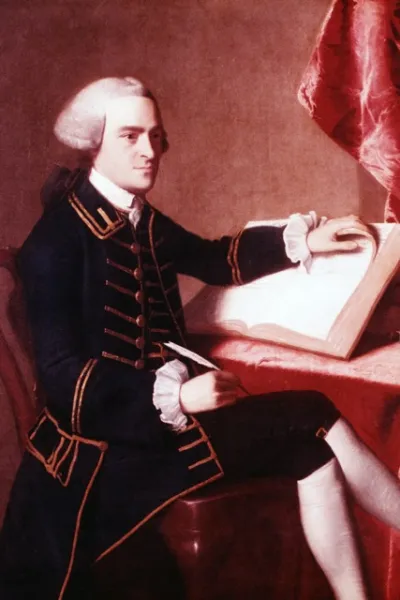
John Hancock
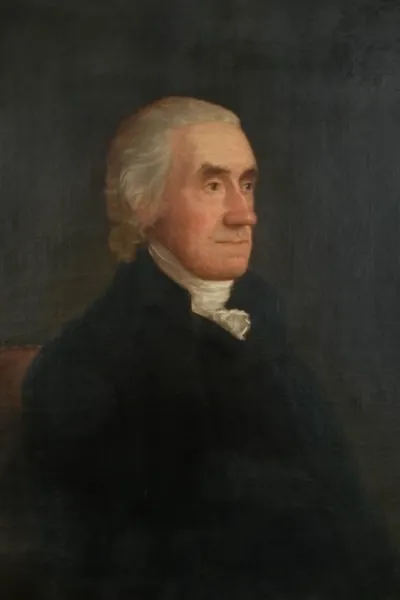
Robert Treat Paine
Rhode Island
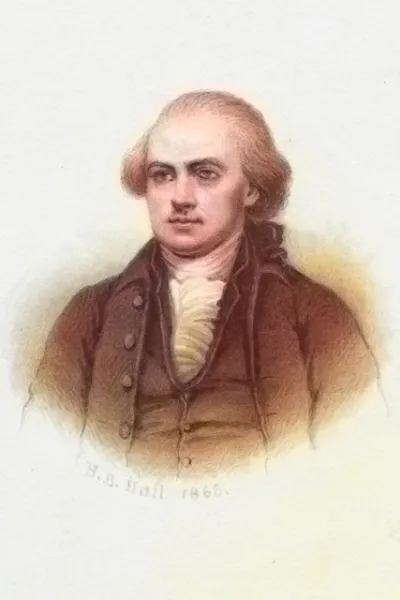
William Ellery

Stephen Hopkins
Connecticut
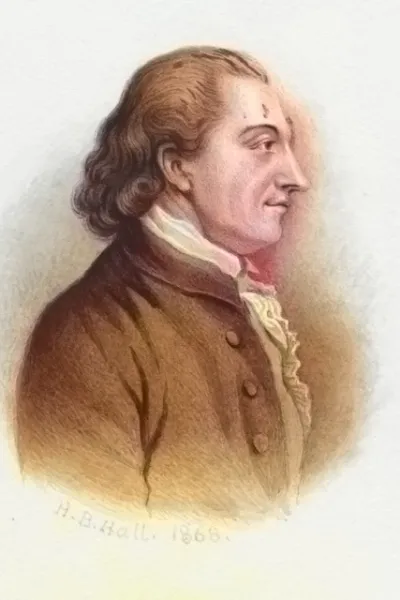
Samuel Huntington

Roger Sherman

William Williams
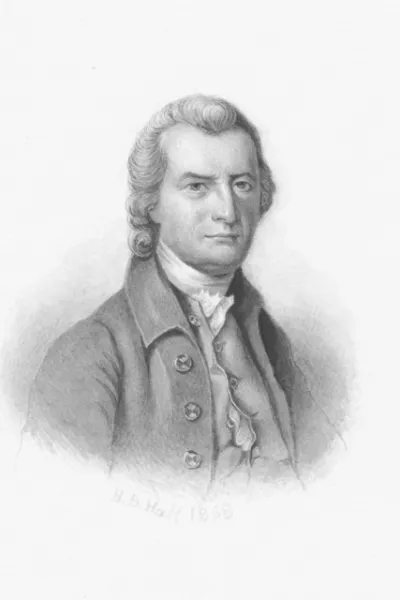
Oliver Wolcott
New York
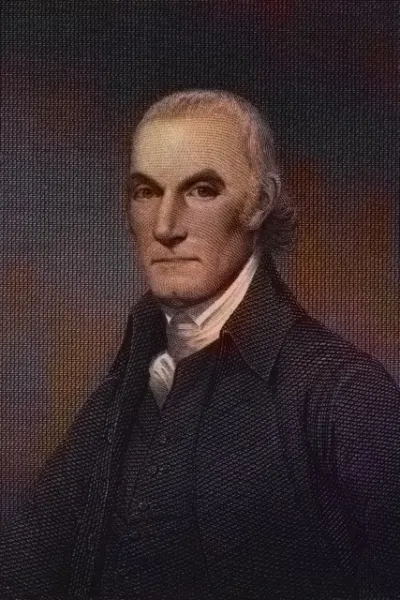
William Floyd
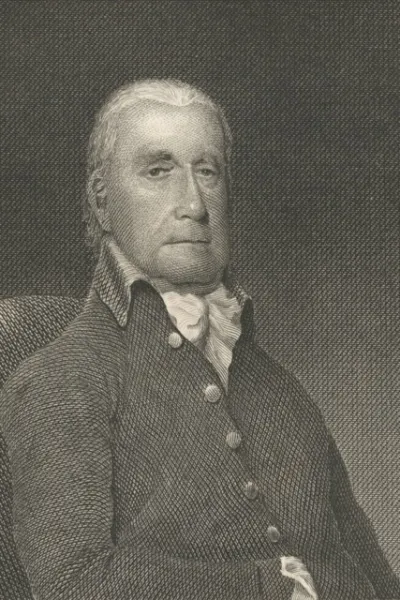
Francis Lewis
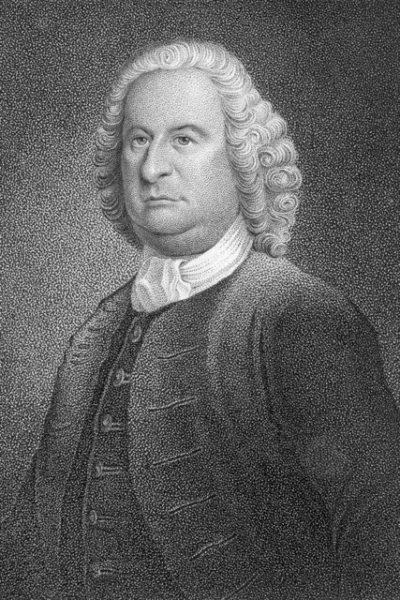
Philip Livingston
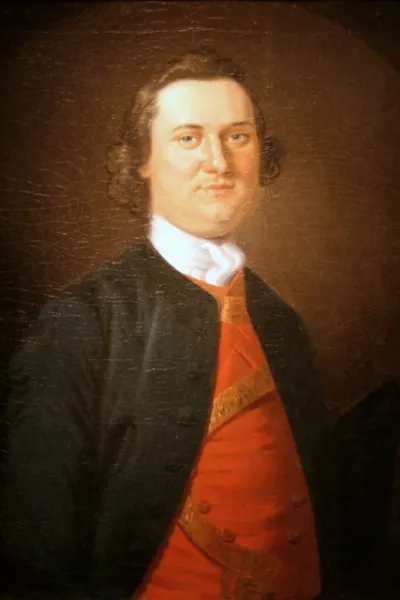
Lewis Morris
New Jersey
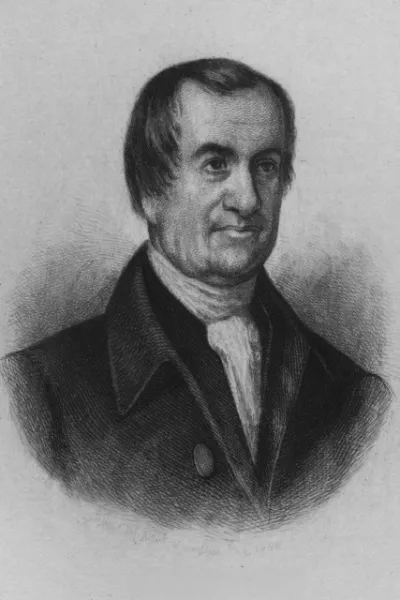
Abraham Clark
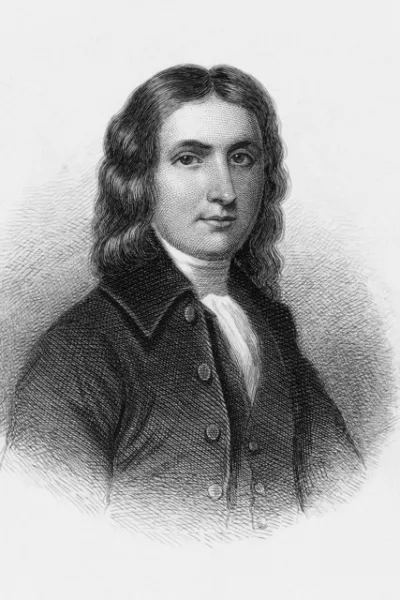
John Hart
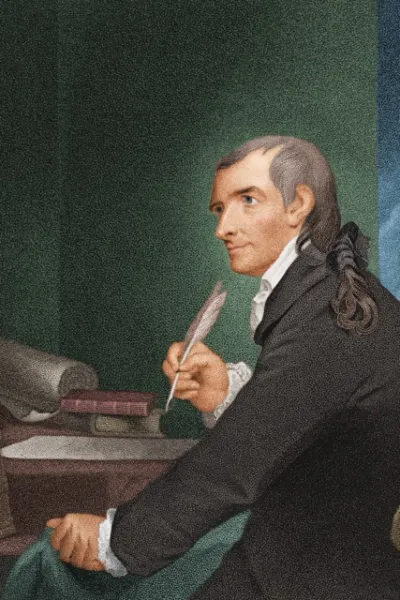
Francis Hopkinson
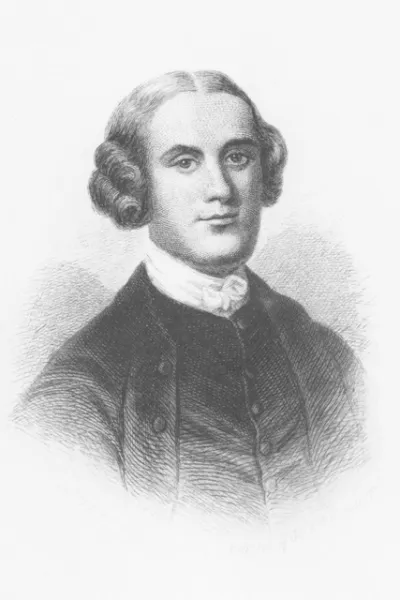
Richard Stockton
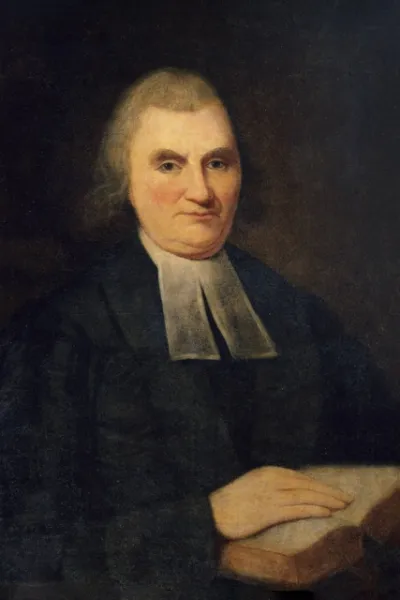
John Witherspoon
Pennsylvania

George Clymer
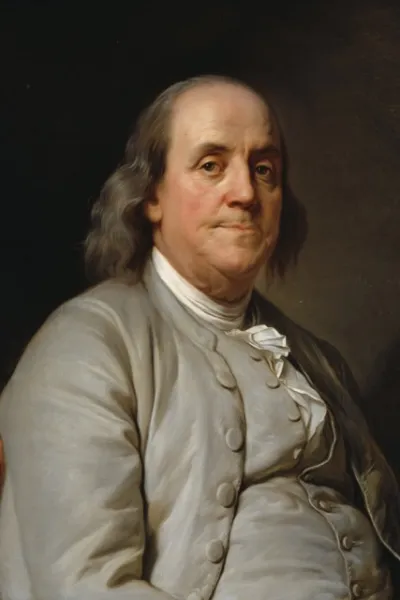
Benjamin Franklin
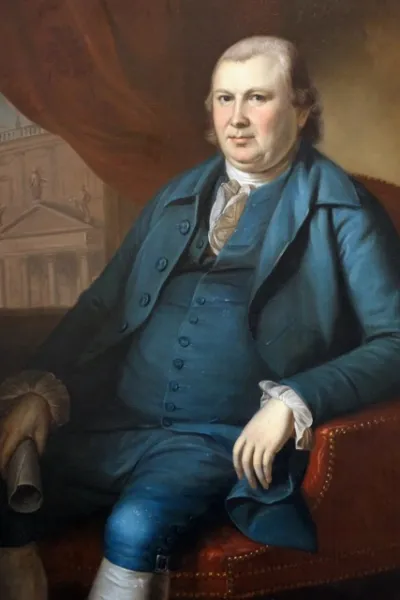
Robert Morris

John Morton
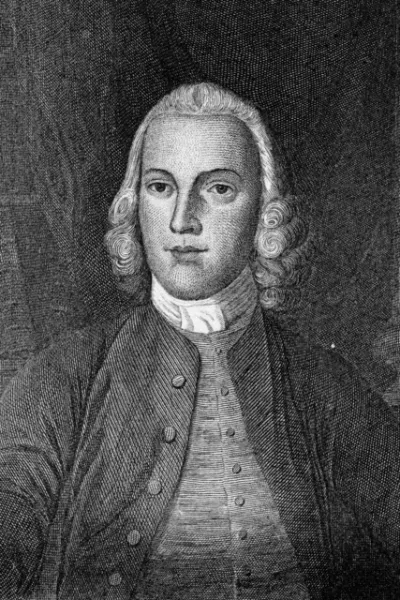
George Ross
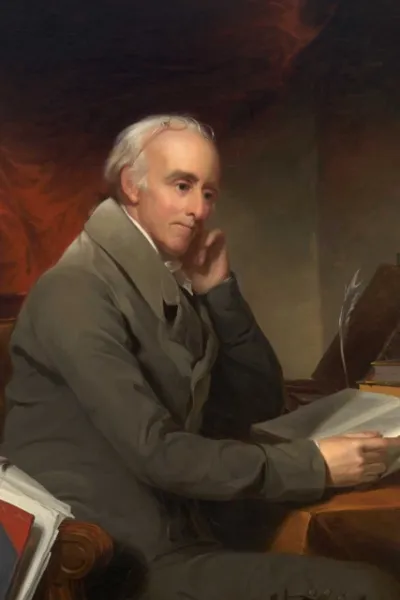
Benjamin Rush
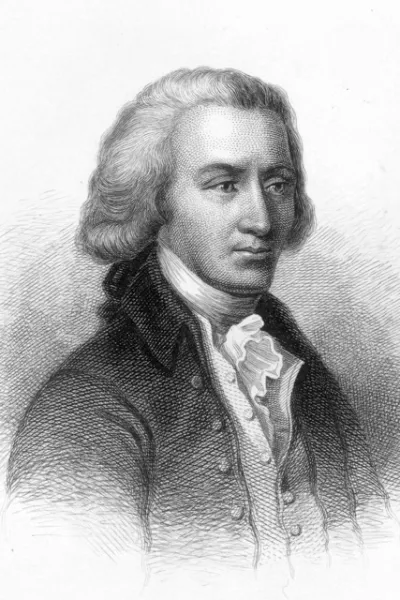
James Smith
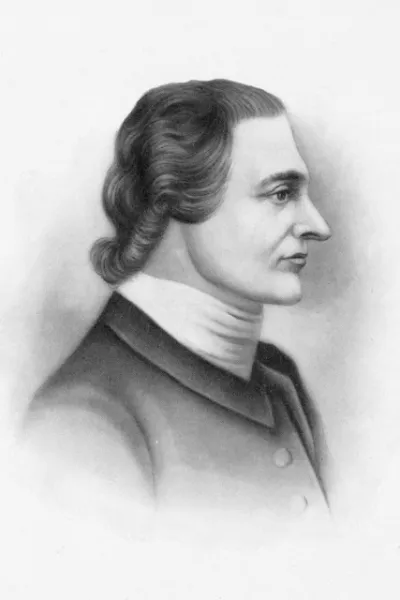
George Taylor
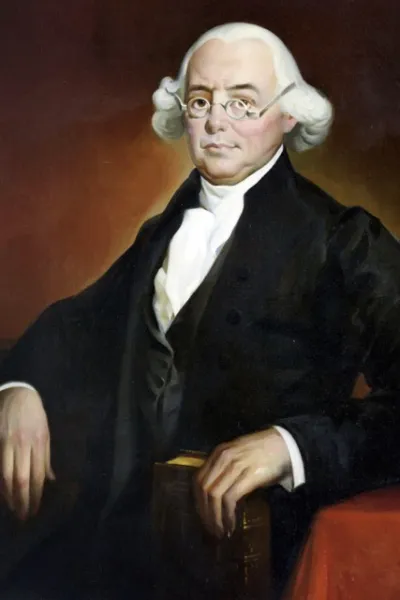
James Wilson
Delaware
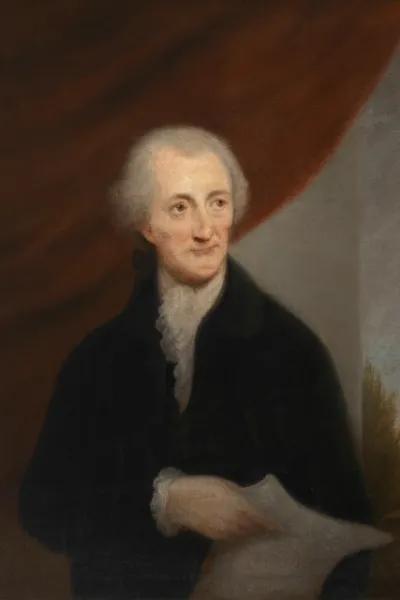
George Read
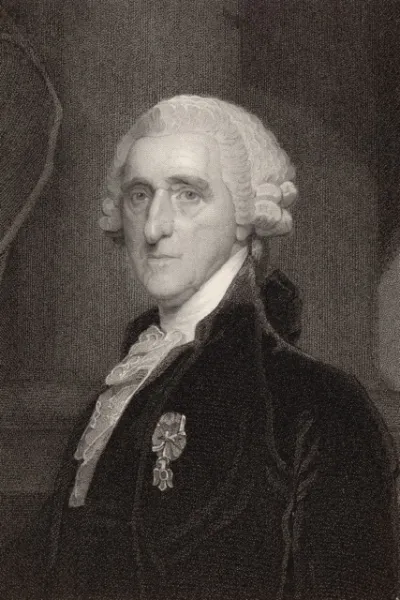
Thomas McKean
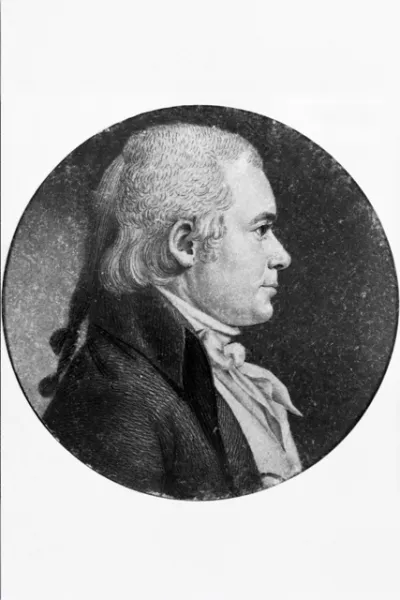
Caesar Rodney
Maryland

Charles Carroll of Carrollton

Samuel Chase

William Paca

Thomas Stone
Virginia

Carter Braxton
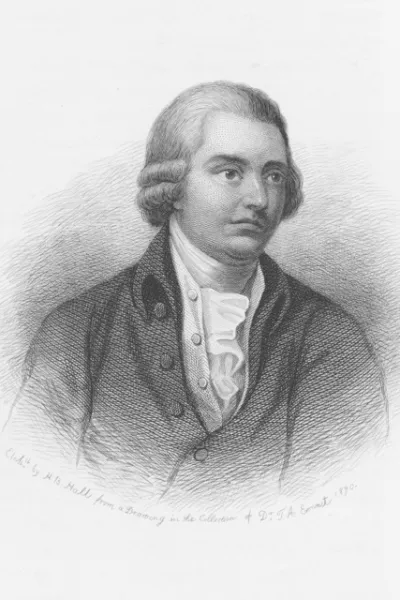
Benjamin Harrison

Thomas Jefferson
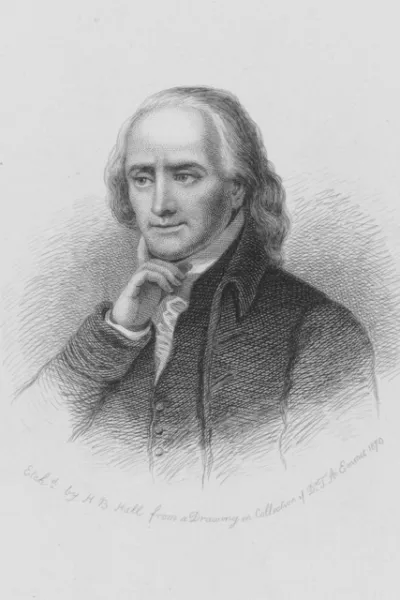
Francis Lightfoot Lee

Richard Henry Lee
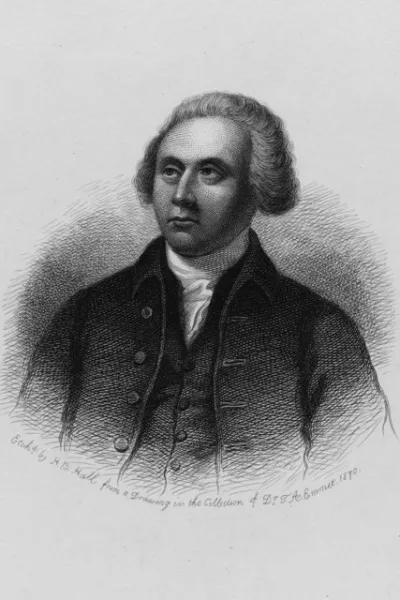
Thomas Nelson, Jr.
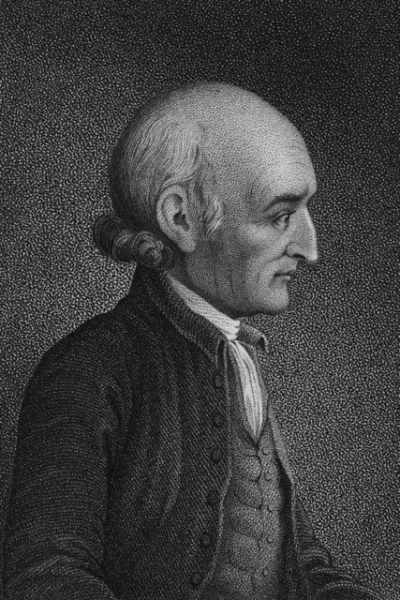
George Wythe
North Carolina
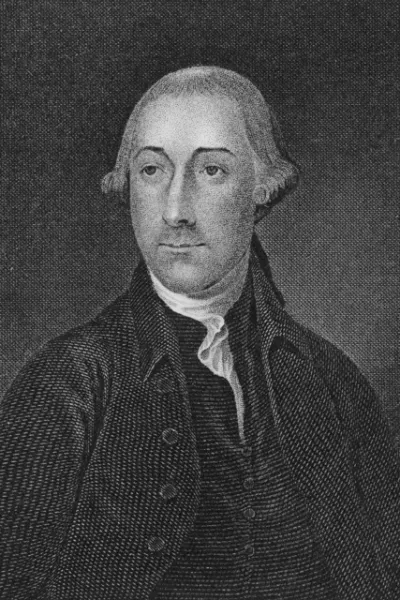
Joseph Hewes

William Hooper
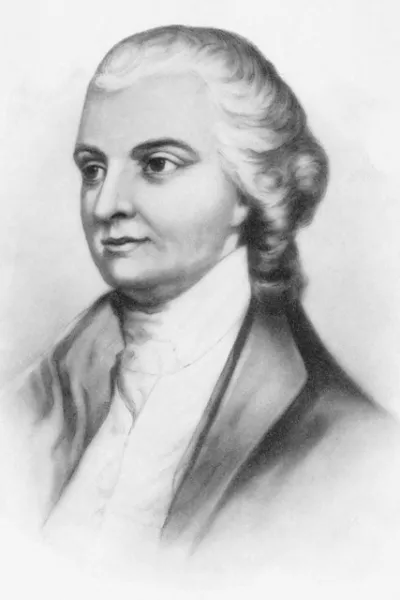
John Penn
South Carolina
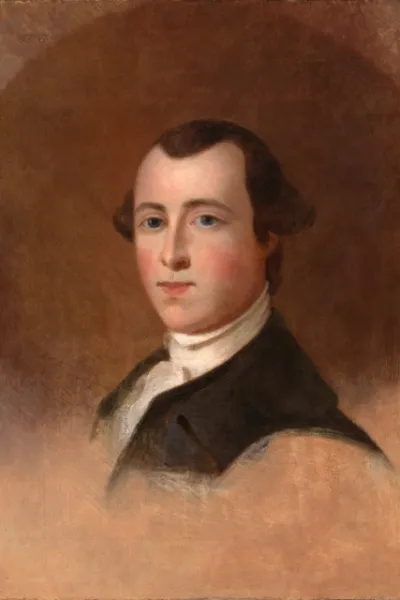
Thomas Heyward, Jr.
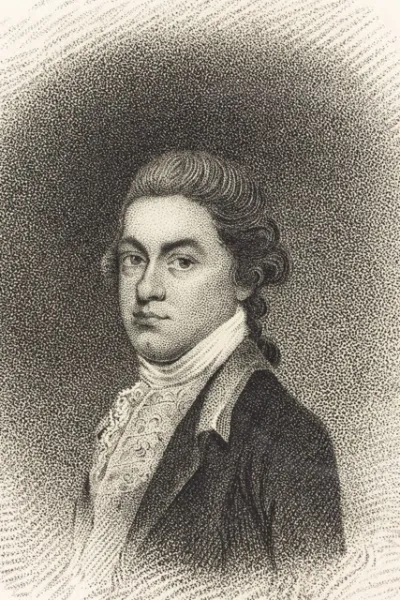
Thomas Lynch, Jr.
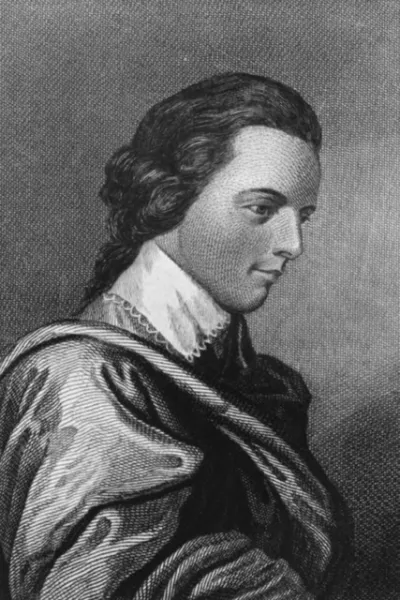
Arthur Middleton
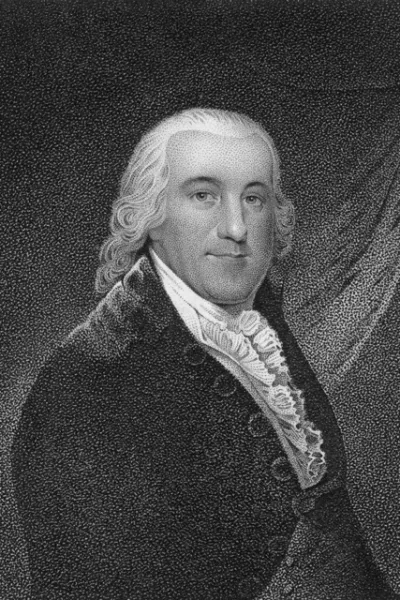
Edward Rutledge
Georgia

Button Gwinnett
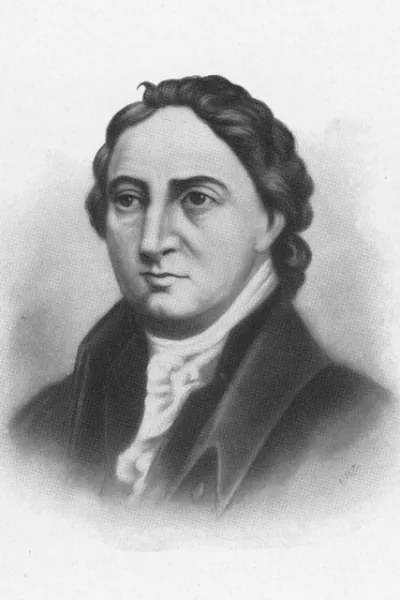
Lyman Hall

George Walton

